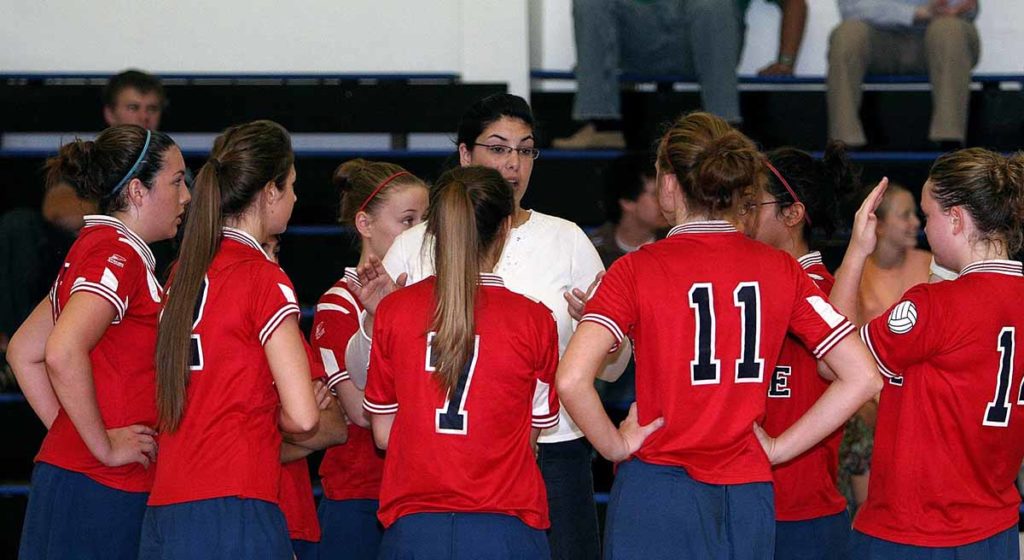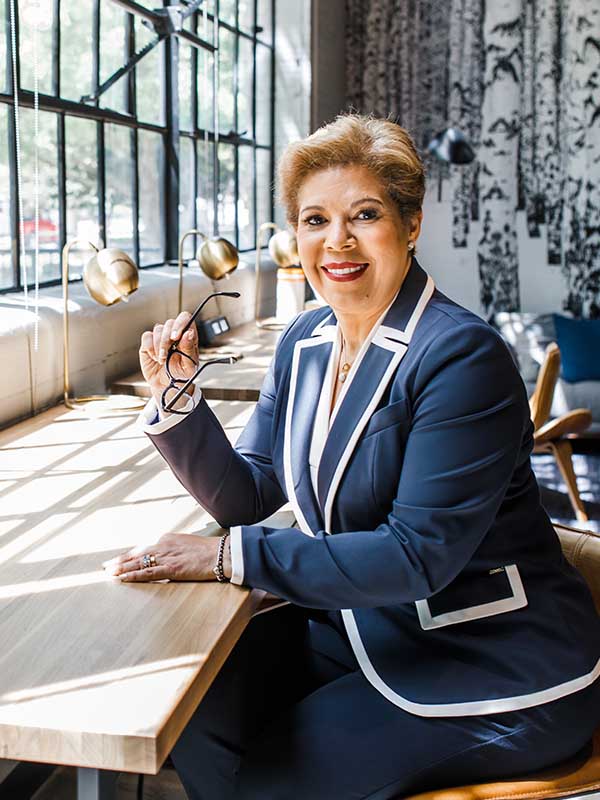When I introduce myself as an executive coach, I can notice people’s expressions on their faces, or they ask me what is that? I can imagine them seeking the Webster’s definition for a coach. A horse-drawn carriage; a class of passenger air transportation at a lower fare than first-class; a private tutor; or one who instructs players in the fundamentals of a sport and directs team strategy.
Executive coaching is defined by the International Coach Federation (ICF) as “partnering with clients in a thought-provoking and creative process that inspires them to maximize their personal and professional potential.” Coaching is a process that enables learning and development to occur and thus, performance to improve. Coaching is an ongoing relationship between the professional coach and the client (coachee), which focuses on the client taking action toward the realization of their vision, goals, or desires.
ICF is the leading global organization dedicated to advancing the coaching profession by setting high standards, providing independent certification and building a worldwide network of trained coaching professionals. ICF offers the only globally recognized, independent credentialing program for coach practitioners. ICF Credentials are awarded to professional coaches who have met stringent education and experience requirements and have demonstrated a thorough understanding of the coaching competencies that set the standard in the profession. Achieving credentials through ICF signifies a coach’s commitment to integrity, understanding and mastery of coaching skills, and dedication to clients.
Coaching uses a process of inquiry and personal discovery to build the client’s level of awareness and responsibility and provides the client with structure, support, and feedback. A coach is a thought and accountability partner. The only constant is change, and people need help navigating change. I am hired by individuals who invest in themselves and by companies who invest in their leaders.
There has been an evolution as to how executive coaching is perceived. I remember a couple of decades ago, the negative stigmatism of coaching as a remedial approach for those “in trouble.” Nowadays, coaching is considered a perk and a necessity, and many C-suite executives coached, are currently being coached, or are considering getting a coach.
In this business environment surrounded by VUCA (Volatility, Uncertainty, Complexity, Ambiguity), leaders need to be more involved in understanding the rapid and unprecedented changes.

What is the difference between executive coaching and sports coaching?
Coaches honor the client as the expert in his or her life and work and believe every client is creative and resourceful. The coach’s responsibility is to help the client discover the goals to work on, build self-awareness, facilitate identification of client-generated solutions and strategies, and hold the client responsible and accountable. Executive coaches ask many questions, analyze assessments and data, make observations. We focus on strengths and help clients see the art of the possible to achieve their fullest potential. I’ve seen a quote that says, “coaches see in clients what they don’t see in themselves” and my job as a coach is to help the client see it.
The book, Coach!, describes sports coaches on the sidelines drawing up diagrams, putting players in and taking them out of the game, calling time-outs, yelling at the referees, giving quick remarks to motivate the players, and shouting as they walk up and down. Behind the scenes, some sports coaches sit down with the athletes to discuss what went well and what the athlete and team can do better. They do ask questions and engage athletes in a dialogue to understand their perspective. They make resources available for the player to train and improve. Some coaches have more of a command-and-control approach, tending to tell players what they need to do. Others are better at engaging the players in a dialogue to understand what drives them, what makes them tick, and how they can take responsibility for improving their performance. As you can notice, these styles of management are very similar to what exists in organizations.

When is executive coaching the path needed?
Many terms get used interchangeably with coaching. Here are definitions that highlight the differences and why it is essential to determine what the client’s needs are to ensure the appropriate process to address them.
Counseling/Psychotherapy
The focus is often on resolving difficulties arising from the past that hamper an individual’s emotional functioning in the present.
Mentoring
A process that enables an individual to follow in the path of a more experienced or seasoned person. Those who can pass on wisdom, knowledge, experience, guidance, and even open doors to otherwise out-of-reach opportunities.
Consulting
Process of giving expert advice to other professionals. A consultant will diagnose problems and prescribe, and sometimes, implement solutions.
Coaching
Process of serving as a partner to a client that is seeking action, accountability, and follow-through to clarify and achieve your goals & desires and reach the fullest potential. Executive coaches also play the roles of confidant and sounding board.
Next week, I will write about executive coaching benefits, ROI, and how the process works.
If you found this helpful, please add a comment below and consider sharing this article with someone who would benefit.
To learn more about what my clients have to say, go to https://www.focusonsolution.com/
To experience a coaching session, sign up for a 30-minute session at https://www.focusonsolution.com/freecoaching




